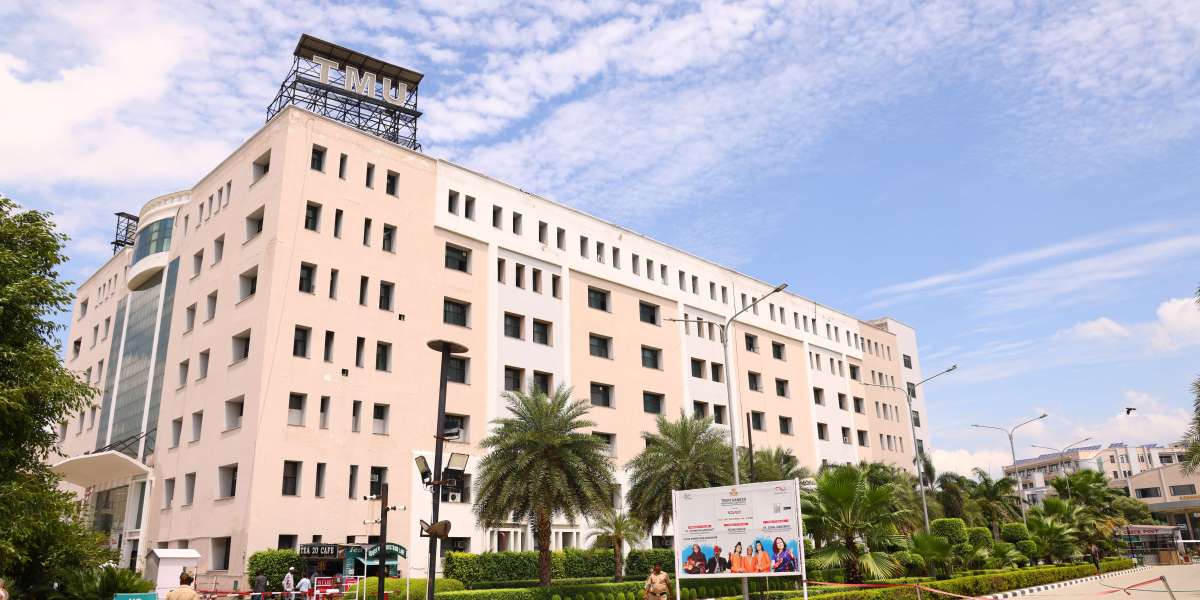The landscape of Master of Business Administration (MBA) education in India is diverse and thriving, catering to the aspirations of numerous students seeking to carve a niche in the world of business and management. With a multitude of institutions offering various programs, specializations, and unique features, navigating through the array of options can be both exhilarating and challenging for aspiring MBA candidates. This in-depth analysis aims to provide a comprehensive overview of the best MBA colleges in India, covering aspects such as renowned institutions, program diversity, specializations, industry connections, placement trends, and the evolving dynamics of management education.
Evolution of MBA Education in India
The roots of MBA education in India can be traced back to the establishment of the first Indian Institute of Management (IIM) in Calcutta in 1961. This marked the inception of a new era in management studies, emphasizing academic rigor, practical learning, and a holistic approach to grooming future business leaders. Over the years, the landscape has expanded significantly, witnessing the emergence of several prestigious institutions beyond the IIMs, each contributing uniquely to the realm of management education.
Renowned Institutions: Pillars of Excellence
Indian Institutes of Management (IIMs):
The IIMs, recognized as the flag bearers of MBA education in India, have set unparalleled standards in academia, research, and industry connections. With campuses across the country, including IIM Ahmedabad, IIM Bangalore, IIM Calcutta, IIM Lucknow, and others, these institutes offer coveted two-year PGPM programs renowned for their rigorous curriculum, exceptional faculty, and exceptional placement records.
Indian School of Business (ISB):
The Indian School of Business, established in Hyderabad and Mohali, has garnered global recognition for its innovative curriculum, strong industry ties, and diverse student cohort. The institute's one-year PGP program attracts experienced professionals seeking a transformative MBA experience, leveraging its international partnerships and experiential learning opportunities.
XLRI - Xavier School of Management:
XLRI in Jamshedpur stands as a beacon of ethical management education, offering a two-year PGDM program emphasizing values-driven leadership. Renowned for its academic rigor and emphasis on societal impact, XLRI has carved a niche for itself in producing socially responsible business leaders.
Diversity in Programs and Specializations
MBA colleges in India offer a diverse range of programs catering to various career aspirations and industry demands. These programs encompass specializations such as finance, marketing, human resources, operations, international business, and more. Institutes like Faculty of Management Studies (FMS) in Delhi, SP Jain Institute of Management and Research (SPJIMR) in Mumbai, and several IIT Management Schools offer specialized courses aligned with industry requirements.
Industry Connections and Collaborations
One of the hallmarks of MBA education in India is its strong industry interface. Leading colleges actively foster collaborations with corporations, facilitating guest lectures, industry projects, internships, and recruitment drives. The symbiotic relationship between academia and industry ensures that the curriculum remains updated and relevant to the dynamic business landscape.
Placement Trends and Alumni Networks
Placement records serve as a testament to the quality of education imparted by MBA colleges. These institutions boast strong placement cells, facilitating placements in diverse sectors and roles. Additionally, robust alumni networks play a pivotal role in mentoring and supporting current students, contributing significantly to their professional growth and development.
The Changing Dynamics and Future Outlook
The landscape of MBA education in India is witnessing continuous evolution, adapting to technological advancements, global trends, and the changing needs of businesses. Institutes are increasingly focusing on niche areas such as data analytics, sustainability, entrepreneurship, and innovation to equip students with skills that align with the future demands of the industry.
Conclusion: Navigating the Choices
In conclusion, the spectrum of MBA colleges in India presents a plethora of choices, each with its unique strengths and offerings. Aspiring students are encouraged to consider factors such as program structure, faculty expertise, industry connections, placement records, and personal aspirations while making informed decisions about their MBA journey. The evolving nature of management education in India promises a dynamic and enriching experience for those willing to embark on this transformative path towards becoming future business leaders.



